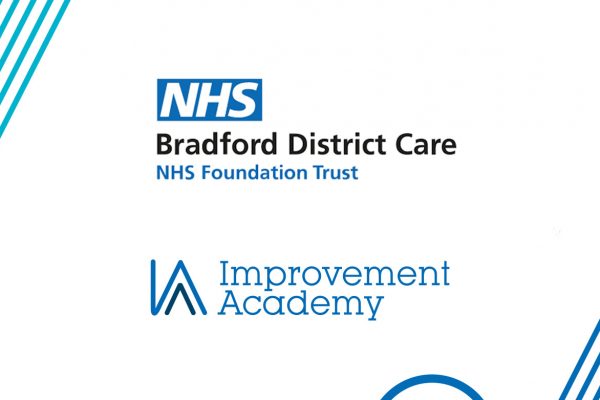The Improvement Academy facilitated for the Yorkshire and Humber region of the national PReCePT (Preventing Cerebral Palsy in PreTerm Labour) Programme that was competed in June 2019. This quality improvement programme, originally developed by the West of England AHSN in collaboration with University Hospitals Bristol NHS Foundation Trust, aimed to increase the uptake of Magnesium Sulphate for women in preterm labour with a long-term goal of a reduction in the incidence of Cerebral Palsy in babies born pre-term.
The Challenge
It was evident that while the survival of infants born preterm had improved over time the prevalence of cerebral palsy had risen. Preterm birth is the major risk factor for cerebral palsy which decreases significantly with increasing gestational age. Ante-natal Magnesium Sulphate therapy given to women at risk of preterm birth substantially reduces the risk of cerebral palsy in infants. The uptake of Magnesium Sulphate administration was very low nationally; fewer than half the eligible women in planned or unplanned preterm labour were receiving Magnesium Sulphate when clinically indicated. This programme was developed to utilise quality improvement methodology to increase the use of this drug therapy in eligible women to reduce the incidence of cerebral palsy which provides many benefits, not least the quality of life of individuals and families and cost reductions for the NHS.
What did we do?
Following the guidance from West of England, the Y&H PSC worked closely with the Local Maternity Systems and all the maternity and neonatal units in Yorkshire and The Humber to improve the administration of Magnesium Sulphate in eligible women to contribute to the national ambition. The regional core team consisted of a local neonatal consultant clinical lead and experienced QI practitioners from the IA with data analyst support. Internal unit teams consisted of obstetric and neonatal clinical leads and PReCePT Midwife Champions in each unit with their dedicated time secured by national backfill funding for 6 months.
A strong emphasis was placed on shared learning and networking events were hosted to promote best practice as well as discussing challenges and barriers with a problem-solving supportive approach. QI support was provided to units and all resources shared. PReCePT Champions were supported and encouraged to investigate all cases and analyse all data which was submitted monthly. Improvements were seen in all units, with the region as a whole exceeding the national target of 85% of eligible women receiving Magnesium Sulphate in a timely manner. Longer-term while sustainability has been generally good, as ‘dips’ in performance appear periodically practice has been reviewed.




